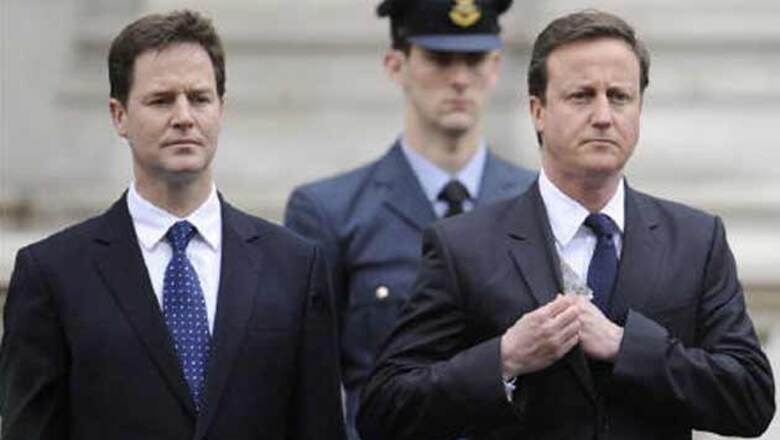
views
London: Britain's Conservatives and Liberal Democrats will hold talks on Sunday after an inconclusive election, but are unlikely to agree on a new government before markets open on Monday, the Conservatives said.
The centre-right Conservatives won most seats in Thursday's parliamentary election but fell short of a majority and are seeking the support of the smaller Lib Dems to end 13 years of Labour rule.
The face-to-face talks, starting at 11 am (1000 GMT), will not involve the party leaders, a Conservative spokesman said.
He said it was unlikely a deal could be reached by Monday, noting that Conservative members of parliament, who will be briefed on the negotiations, will not meet until Monday evening.
Financial markets, already rattled by a debt crisis in Greece, want a new government to be formed quickly so it can set about reducing a record budget deficit swiftly and decisively.
The pound, British government bonds and the London stock market all fell on Friday when it became clear the Conservatives would not have a parliamentary majority. But sterling and bonds recouped early losses on the prospect of a deal with the Lib Dems.
Labour leader Gordon Brown remains prime minister pending a government deal, and has said he would talk to the Lib Dems about an alliance if their negotiations with the Conservatives run aground.
A Labour MP called for Brown to step aside, saying he had cost the party votes at the election and would rob an alliance of credibility.
Party backs Clegg
Lib Dem leader Nick Clegg gained the backing on Saturday of senior party members for a possible deal with the Conservatives.
"We are determined to put the national interest before party advantage and to play our part in delivering the stable and good government that the people of this country are entitled to expect," senior Lib Dem MP David Laws told reporters.
"We are keen to do this as quickly as possible but I think artificial timescales don't help in making the right decisions," he added.
Clegg must overcome scepticism among a significant number of his party, who fear that Britain's third largest party may be forced to sacrifice too many cherished policies for a deal.
Several hundred protesters chanted outside the Lib Dems' headquarters, urging them to push for reform of an electoral system that favours the two largest parties.
"Reforming politics is one of the reasons I went into politics," Clegg told the crowd.
Deal or no deal?
Conservative leader David Cameron left open the format a deal might take when he offered on Friday to work with the Lib Dems following Britain's first inconclusive election since 1974.
This could be a coalition, a rarity in Britain, but is more likely to involve a pact in which the Lib Dems agree to support a Conservative-led minority government in implementing an agreed legislative programme, in return for concessions.
Senior members of both parties met on Friday night.
The most important hurdle is agreement on the pace of lowering the budget deficit. The Conservatives have pledged to start cutting it immediately but the Lib Dems say this could harm Britain's recovery from a deep recession in 2008-2009.
Britain's role in the European Union, immigration, defence, and electoral reform are also likely to be stumbling blocks.
If the Lib Dem/Conservative talks fail, a deal between Clegg's party and Labour is possible, but more complicated as the two parties combined would not have enough MPs to command a majority in the 650-seat House of Commons.













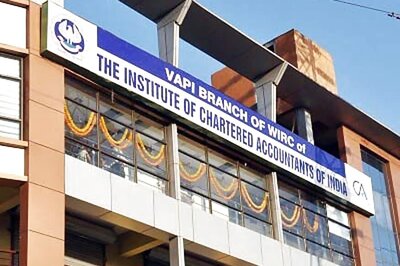

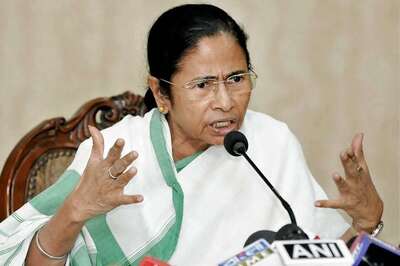
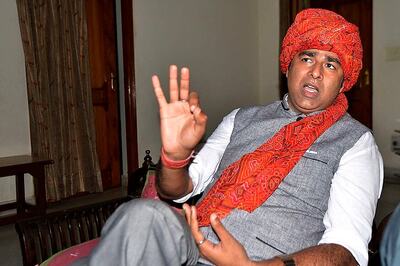
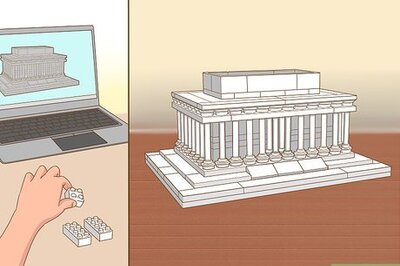
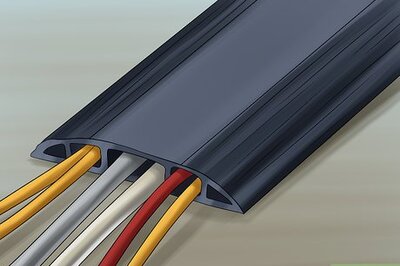
Comments
0 comment